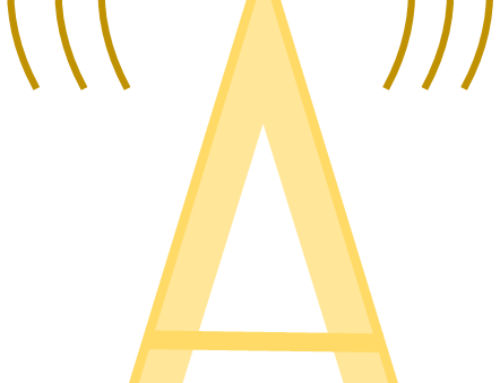Pam Gill 1996 Published in: Technocracy Digest, 1st quarter 1996, No. 319
Editor, Times-Colonist
P.O. Box 300 Victoria
British Columbia V9W 2N4
Canada
Dear Editor:
I am writing in response to Denise Helm’s Oct. 2, 1995 article, “Teacher Burnout.” I am an inner-city high school teacher from San Francisco, and I found much to identify with in this article. Unfortunately, I can’t readily supply comparable statistics for California. I do, however, know that hundreds of teachers in San Francisco apply for the much smaller allowable number of sabbaticals. I have certainly seen statistics which state that over half of all teachers leave the field of teaching within five years of beginning to teach. I personally know many teachers on leave, on early retirement, about to leave, and I myself took off one year without pay immediately after becoming a tenured teacher.
I was impressed with your description of a survey which concluded, `Teachers’ chief concern and frustration was not being able to meet students’ social, emotional and physical needs ….. “Altruistic as it may sound, I agree this is what burns out teachers. We see a vast array of problems and barely make a conscious acknowledgement of one before the next unmet need parades itself by us. Often, there are several vying for our attention at one time. I don’t think teachers are unusually compassionate human beings, nor are we particularly selfless. (Although romanticized stories which promise unwarranted hope for our current system would have you believe we should and could be). But we are there in the schools, witness to the needs students have. Also, at any moment we can be held responsible for one of these needs not being met: “Why wasn’t a mental health referral done?”, “Why was a mental health referral done?”, “the parent tells us he wasn’t even notified of …”, etc. Too much responsibility, too little help, too little power.
Another constant is that students must test the limits of adult authority. It is a healthy and necessary part of growing up, exploring the world; finding a place in it. However, when students are painfully restricted in their access to adults (parents, gone or working; relatives, distant, gone or working; community, skimpy, if any) they will test those adults they do have access to — their teachers. It becomes tricky and even maddening for a teacher to have to interrupt the lesson numerous times to display what the limits of adult power are in that classroom. And students are best comforted to find those limits are in place; that the teacher is strong, confident, and won’t permit the students to run riot over the learning process. But give that teacher 150 students, too many responsibilities, etc., and the students may soon find the teacher is not that strong.
I have my own personal threshold which finds the during-class phone calls unnerving, the bells annoying, unnecessary paperwork insulting, and on. I love to teach, and a serious reality is I need a paycheck.
With these givens, I have concluded I will make the best of the situation until an alternative can replace it. The sooner the better. There is an organization called “Technocracy” which has the best alternative I have seen to date. Over sixty years ago members researched the problems and resources of the North American Continent, including our educational system, and came to some conclusions. The gist of those conclusions has not changed. We need a new system to fit the day and age in which we live. We need our students to be educated, protected, and encouraged, instead of warehoused, threatened, and depressed.
I see so much classroom behavior that is either too aggressive or too passive. Animal populations under too much stress become both overly aggressive and overly passive. No individual teacher, or group of teachers, can remediate an entire population under increasing stress. We need to restructure society so that our future is all that it could be.
There are many published articles by Technocracy which describe proposals for organizing our future, and explain why we must do so. Technocracy is an educational/research organization and printed information is readily available.

